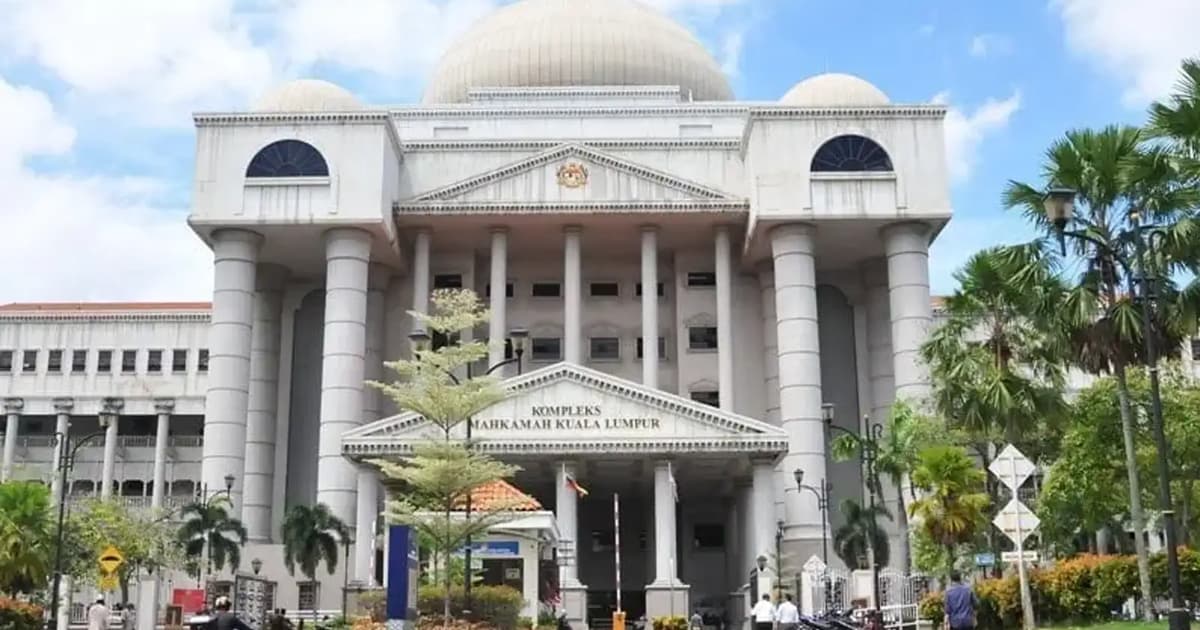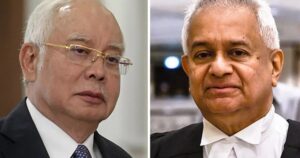
How many Malaysian sports associations even have mediation clauses in their constitutions?
That uncomfortable question now hangs over national and state sports bodies after a High Court ruling exposed how fragile their governance can be.

Without clear internal mechanisms, any rash decision — from suspensions to meetings — risks being struck down in court.
It was in this context that Sports Law Association of Malaysia (SLAM) president Balbeer Singh Jessy issued a stark warning.
Responding to the landmark judgment, he said the ruling should serve as a wake-up call for every association to revisit its constitution before the next crisis erupts.
The blunt truth
“Clubs and associations must follow their constitutions and by-laws, and any meeting or decision that bypasses procedures can be struck down,” Balbeer said.
The High Court, reported by FMT last week, made that point loud and clear.
It voided an extraordinary general meeting called without authority, overturned a membership revocation done without due process, and ordered the Olympic Council of Malaysia (OCM) to mediate a dispute it had wrongly refused to touch.
The case involved Taekwondo Malaysia, Taekwondo Selangor, Galaxy Taekwondo Club and OCM, with the court ruling in favour of the state body.
For Balbeer, the deeper issue is not just one case but a widespread governance gap.
“The question we must ask now is how many clubs and associations actually have such internal mechanisms or mediation clauses to settle matters amicably when issues arise,” he added.
Why mediation must come first
SLAM has long championed mediation and alternative dispute resolution. Balbeer said the ruling reinforced this approach.
“Sports associations must solve issues internally and through alternative dispute resolution first, instead of rushing to the courts,” he stressed.
Mediation, he pointed out, is cheaper, faster, private, and less destructive than court battles.
It also protects athletes and administrators from drawn-out feuds that harm the sport itself.
As a certified sports arbitrator with the Asian International Arbitration Centre (AIAC), Balbeer has seen first-hand how mediation works.
“It is in the best interest of those who have not adopted these mechanisms to do so now,” he said.
A credibility test for OCM
The judgment also placed OCM under scrutiny. The court held that OCM wrongly refused to mediate even though its own constitution empowered it to step in.
It has now been ordered to do so, with an independent mediator from the AIAC.
For Balbeer, the lesson is obvious: umbrella bodies can no longer claim their hands are tied.
If the constitution gives them power to intervene, they must act or risk being dragged into court themselves.
What sports bodies must do now
Every national and state association should now audit its constitution: Are dispute resolution clauses clear? Do they require mediation before litigation? Are appeal and disciplinary processes watertight?
If the answer is no, the association is exposed. Any decision made outside proper procedure can be voided, and leaders risk reputational damage alongside legal defeat.
SLAM, founded in 2016 with former OCM president Tunku Imran Tuanku Ja’afar as patron, is already working with the sports commissioner’s office, the ministry of youth and sports, and international arbitration bodies to institutionalise mediation.
Many of its members are certified arbitrators on the AIAC panel, ready to act as neutral mediators.
The association is also stepping up education programmes to help administrators understand that mediation is not a sign of weakness.
“It is discipline. It is governance. And it can save sports bodies from tearing themselves apart,” said Balbeer.
The bottom line
The High Court has set a new line in the sand. Constitutions are not symbolic documents — they are binding. Any breach will be punished.
Balbeer’s warning should not be ignored. For sports associations, the path forward is clear: fix your constitutions, embed mediation, and resolve disputes in-house.
The alternative is chaos, courtroom defeats, and a loss of credibility that Malaysian sport can ill afford.






